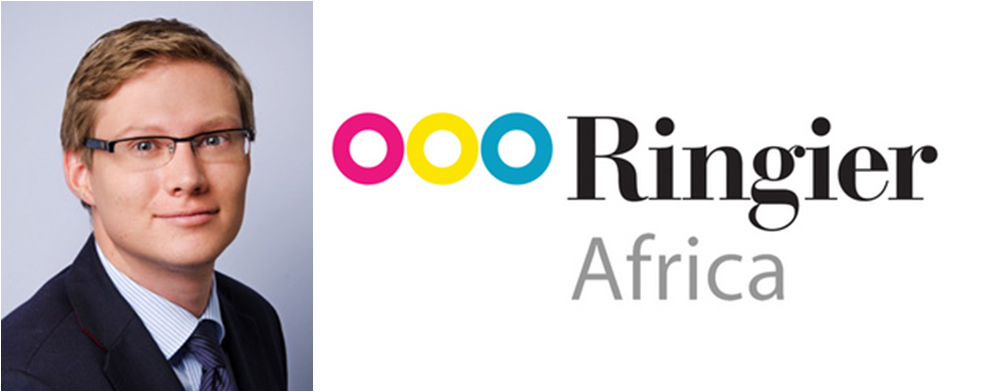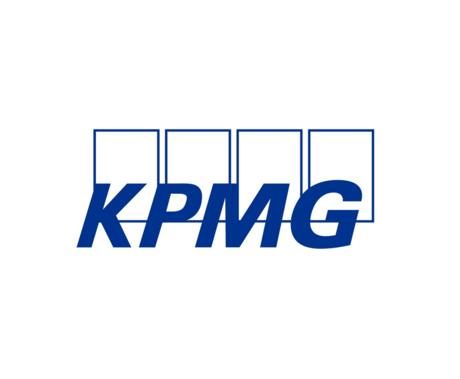Ringier exec: Why you should be thinking about Africa
Africa could be the next frontier for ambitious international publishers, argues Julian Artopé of Swiss media giant Ringier.
Julian will be a speaker at the Digital Innovators’ Summit (innovators-summit.com) in Berlin, Germany, taking place from 20-22 March 2016.
"Africa will be two billion people by 2050 and is often dubbed the next factory of the world due to the rise of its industrial sector," Julian who heads the African expansion of global media enterprise Ringier, explains.
Yet until recently the continent has figured fairly low on the priority lists of many mainstream publishers.
There are signs that things are changing. Artopé and his team at Ringier are at the forefront of creating new businesses in a continent that he believes offers massive opportunities for media organisations.
The Swiss based company launched on the continent in 2011, and so far has made impressive inroads into six key markets - Ghana, Kenya, Nigeria, Senegal, Ethiopia and Tanzania. It has adopted a hyper-local approach, which is supported by Swiss technology, and has so far delivered thirteen market leading websites.
While proud of the progress Ringier has made so far Artopé acknowledges that Africa presents publishers with some unique challenges.
Challenges and opportunities
"Africa is not a country," he explains "tackling the continent needs an individual approach for each of its 54 markets. It is essential to know how important local operations are. Ringier is in a good position, since as a Swiss publisher with operations in Asia and Eastern Europe we operate in many languages."
Julian also thinks that the territories that Ringier have launched in have some key characteristics that make them desirable. "Nigeria is simply Africa’s largest economy and can’t be missed. Ghana is very stable and has a comparatively high buying power per capita. Senegal is fantastic just by the fact that their quite successful economy is not built on any natural resources but services and education - it’s also a great gateway to francophone West Africa."
"Kenya has MPesa (a groundbreaking mobile payments platform launched way back in 2007) which is perfectly suited for any kind of ecommerce operation and also has some of the best broadband connectivity across the continent. And Tanzania shows very promising urbanisation rates and overall growth, making it a definitive go-to market in East Africa."
International companies aren’t having it all their own way though. Almost every territory has local incumbents who are gaining traction. Julian isn’t overly concerned though. "At Ringier we think the space is big enough for a variety of companies and approaches," he says adding that "there are some great local companies in Africa in the media space, whether it’s big publishing houses like Nation Media, or local entrepreneurs like Seneweb."
"There is also a growign number of tech comapnies and startups like restaurant guide www.eatout.co.ke in Kenya or www.diretube in Ethiopia, the largest video and content site, both run by fantastic local entrepreneuers. All in all in most African cities one sees a large and vibrant start-up scene - even though sometimes good ideas lack scaling in terms of funding or guidance."
For Julian digital is the future, with opportunities for publishers to licence and develop print media are limited. "In Nigeria, the largest printed newspaper has a print run of about 60,000 copies. The countries largest online-only news and entertainment platform Pulse.ng has up to 200,000 visits each day. While certain special-interest magazines can make sense in print, for mass-reach we think that digital is clearly the future."
The centrality of mobile
One of the key characteristics of many African markets is that they are very mobile focused. PC penetration is significantly lower in most parts of the continent than it is in say Europe or Asia. Julian believes this presents both ‘challenges and opportunities.’
He admits that the predominance of mobile means that publishers are "better off keeping content short so that it also is conveniently readable on a small screen." He also thinks when building digital projects a different approach is required. "Instead of building apps, your technology needs to offer a very fragmented native mobile site."
Conversely though the reliability on mobile has made a route to monetisation a lot more straightforward than it is in some more mature markets.
"On our platforms, we are already selling the majority of ads via native advertising. In our perception Africa is leapfrogging classical display ads when it comes to content. As an advertiser I want to be able to engage with my users, and this is exactly what Ringier’s platforms are delivering. For example we run some of Nigeria’s largest club nights where we bring the stars to their fans, and give advertisers the opportunity to sponsor these occasions."
It will be fascinating to see how the world’s leading publishers approach African expansion in the future.





